So the Independent UK recently ran an article on a survey conducted Her, a dating app for women, which discovered that ‘almost 20% fewer women identify as lesbian than at this time last year. Furthermore, "among the 85,000 surveyed, there has been a rise from 16% to 27% in those identifying as “bisexual” - whilst those choosing 'no label' also saw a steep increase from 1% to 9%." Her's founder Robyn Extant credits some of what she calls a "huge shift" in how women identify to the prevalence of shows like Orange Is the New Black and celebrities like Cara Delevingne. Fair enough to all of that, you might think, but there are enough holes in the article and related coverage that you could probably use it as a colander.
If the stats from the venerable institution of 'Her' aren't enough to move you, know that the writer began the piece with this winning quote:
"Women are more and more likely to identify as “bisexual” or “no label” if they are attracted to other women – and less likely to use the old-time favourite “lesbian."
Because, you know, 'lesbian' is not an actual, viable indentity. It's just an old-timey term people use to appear quaint.
If that's not enough, the Independent aks, "So is everyone getting on a fashionable band wagon? Is Miley Cyrus really attracted to women?"
Here's a quote-by-quote breakdown of what's wrong with this sort of short-sighted look at identity.
1) You don’t know what the stats actually mean
'There has been an almost 20% drop in the women on its site identifying as “lesbian” in the last year alone,' according to the survey.
Or, er, not. It could be that specific women have changed how they identify in response to OITNB, Cara Delevingne and the cultural forces discussed – or it could mean simply that new women have joined the app, those same cultural forces encouraging them to pursue their interest in other women with less fear of judgement. You just don’t know. It is theoretically conceivable (although absurdly unlikely) that actually a bunch of lesbian-identified women have left the site in that time, potentially in reaction to the influx of new bi-identified members. Much as I want to live in a brave new world where we can all be who we are and fancy who we fancy without the pressure of conforming to a label, any assumption that that’s what’s going on is precisely that, speculation.
2) Queer women’s visibility is More Complicated Than That
'Figures such as Cara Delevingne and shows such as Orange is the New Black have supported a “huge shift” this year in how women are describing their sexual interests.'
Yeah, we are all happy that OITNB is a thing. We are also (I assume) all happy about the emergence of Miley Cyrus (although arguably her genderqueerness is more significant visibility-wise than who she dates) and Cara D and oooh, even Gillian Anderson. But before the last year we had The L Word, Anna Paquin, Lady Gaga (remember Poker Face and the obsessive media coverage around that back in 2010?), Evan Rachel Wood, Amber Rose, Lindsay Lohan, Amber Heard, ANGELINA JOLIE….you can’t say that ALL OF A SUDDEN LAST YEAR there were lots of bicurious or openly bi-identified hot women all over the place for the very first time because it is self-evidently bollocks.
3) Please, please, please can we get over suggesting bi women’s sexuality is a ‘fashionable band wagon’ already?
'So is everyone getting on a fashionable band wagon?'
With no respect, fuck right off. It’s offensive, it’s nonsense, it’s damaging, it’s rude. The Independent mentions that Vogue referred to Cara’s queerness as phase, but failed to highlight how MASSIVELY PROBLEMATIC that construction is and how patronizing and disrespectful it is to assume that a bi person must ‘really’ be 100% gay or straight. Some people are bi. Get over it.
4) It turns out there are actually 15 different gender/sexuality options on the site
'Her’s site has 15 labels to choose from.'
The survey only addresses a portion of these identities. Even if 27% are bi and 9% no label (we aren’t given a figure for the total number of lesbian-identified folk) that leaves roughly 2/3 of the site’s users. We don’t know their gender identities, let alone how they self-define, and presumably they’re not all ‘lesbian’, ‘bi’ or ‘no label’. More info would be nice.
5) You don’t get to cast doubt on someone’s declared and lived sexuality for your own rhetorical ends
‘Is Miley Cyrus really attracted to women?’
Are you Miley Cyrus? Are you a woman flirting with Miley Cyrus or in a relationship with her (or possibly them)? If not, then it is a) none of your business, b) the height of rudeness to suggest that you, a stranger, might know more about someone’s sexuality than they do themselves and c) manifesting all sorts of misogyny. Would you speculate about whether, I don’t know, Alan Cumming, Ian McKellen, Stephen Fry or Rupert Everett are really secretly straight? No? Well don’t do it to Miley just because she’s a young woman. Trust her to know her own body and mind the same as any other human being on the planet.
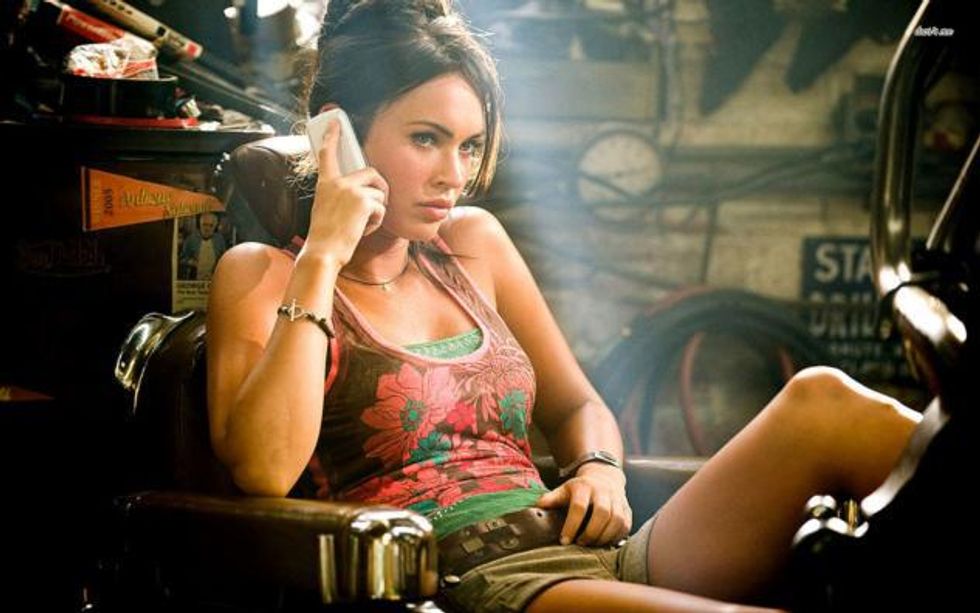
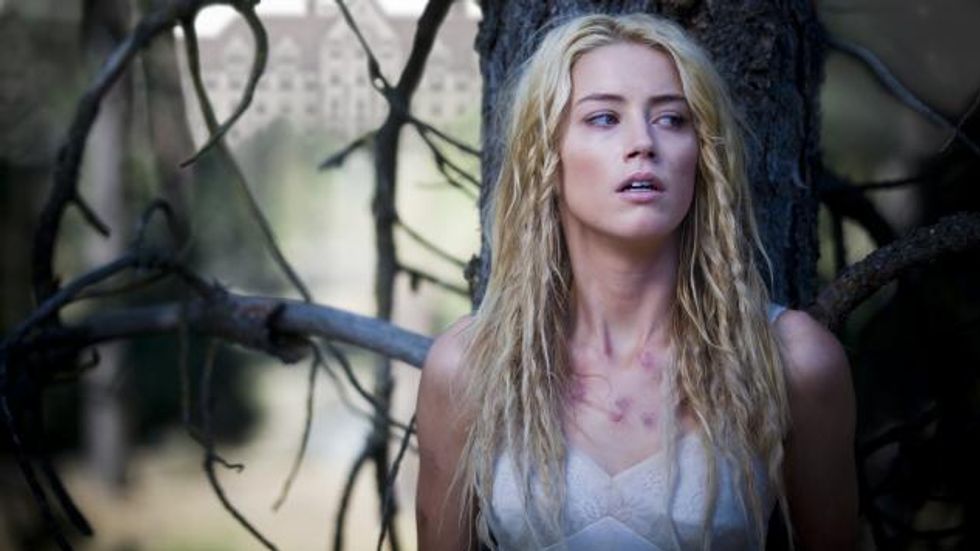
Have you liked us on Facebook?
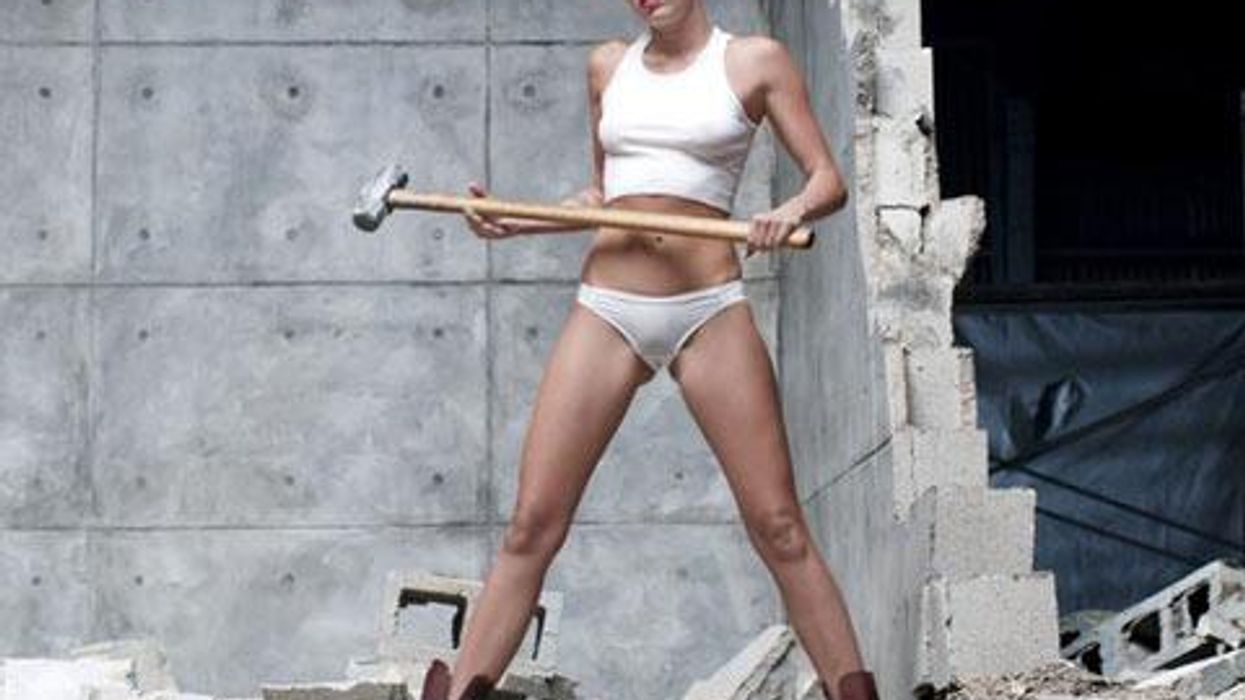

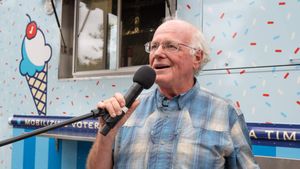

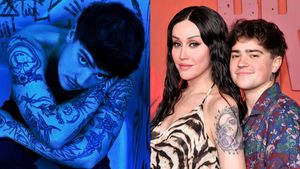

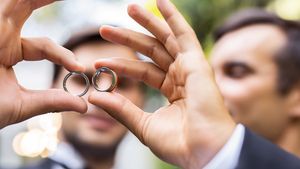



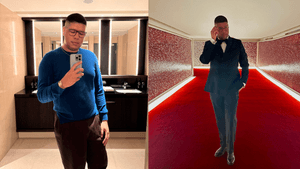
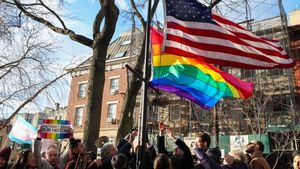
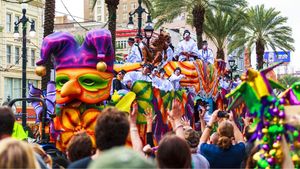
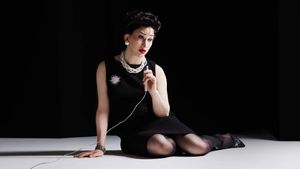


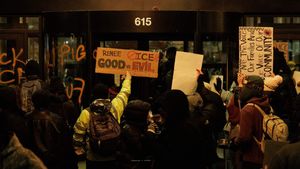
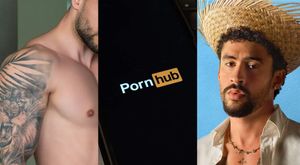

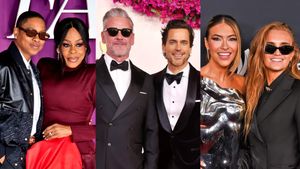





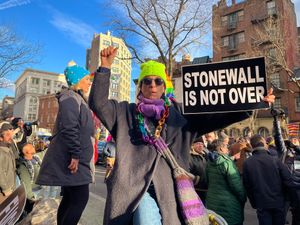



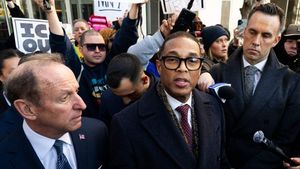
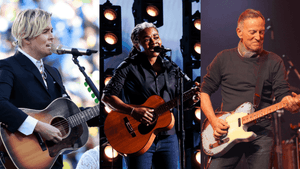






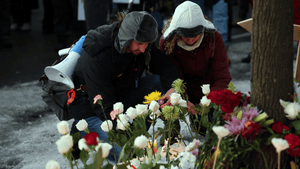
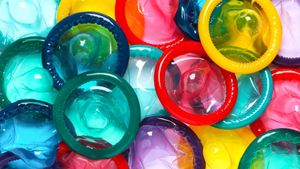


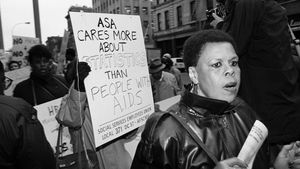

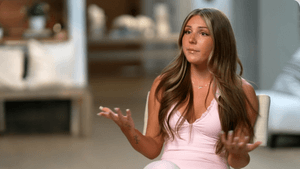


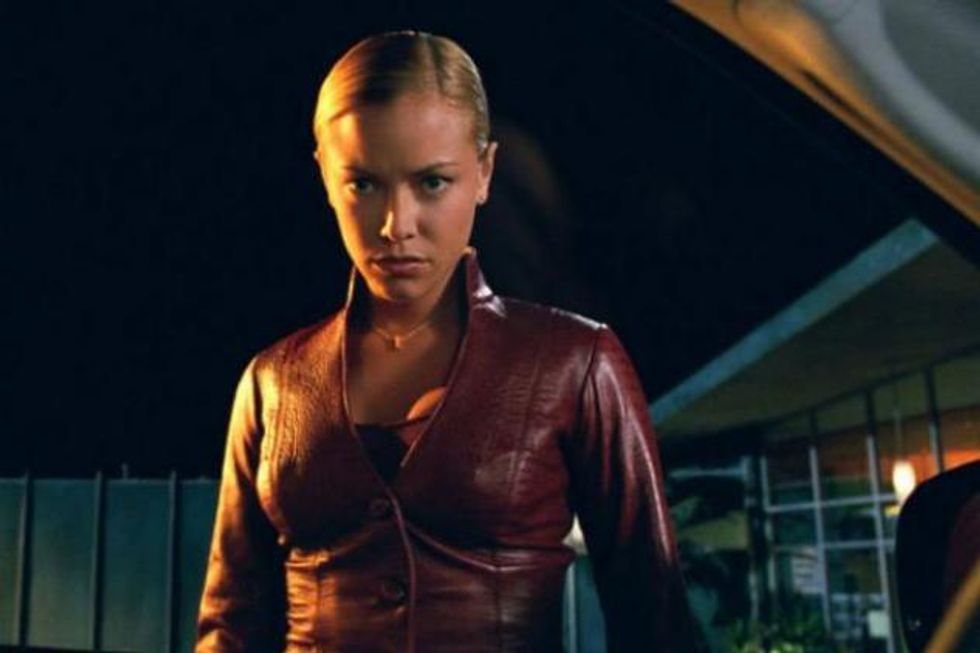

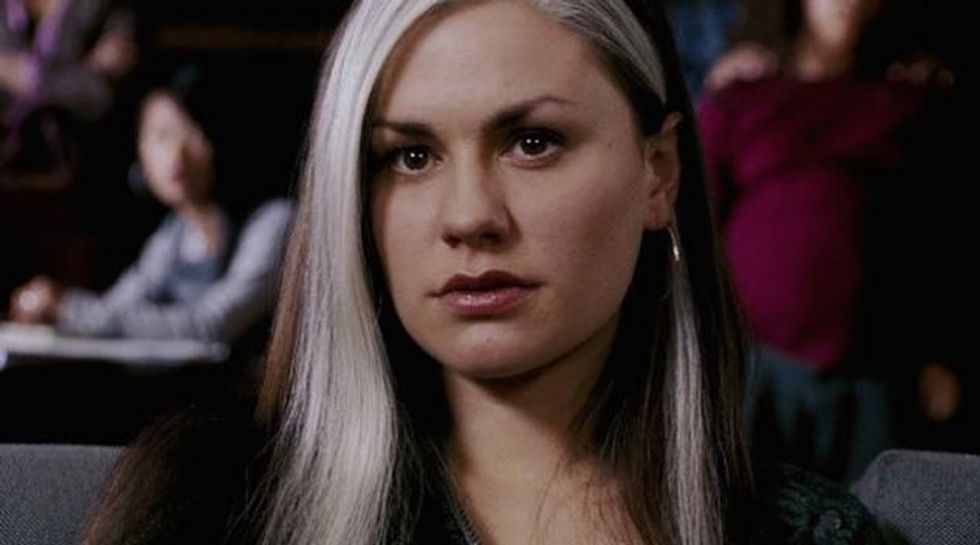
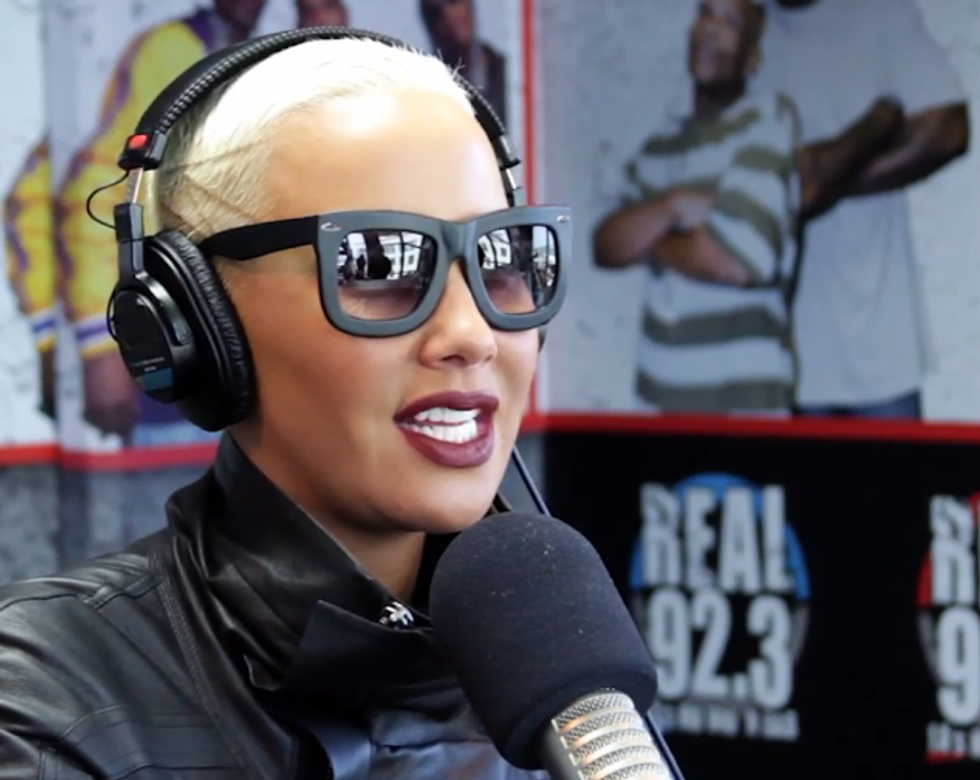
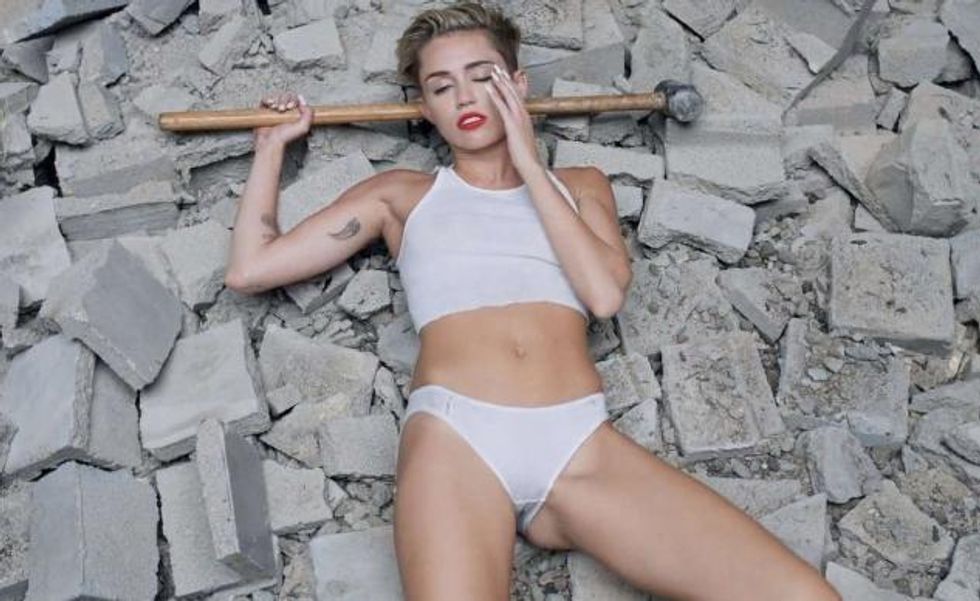
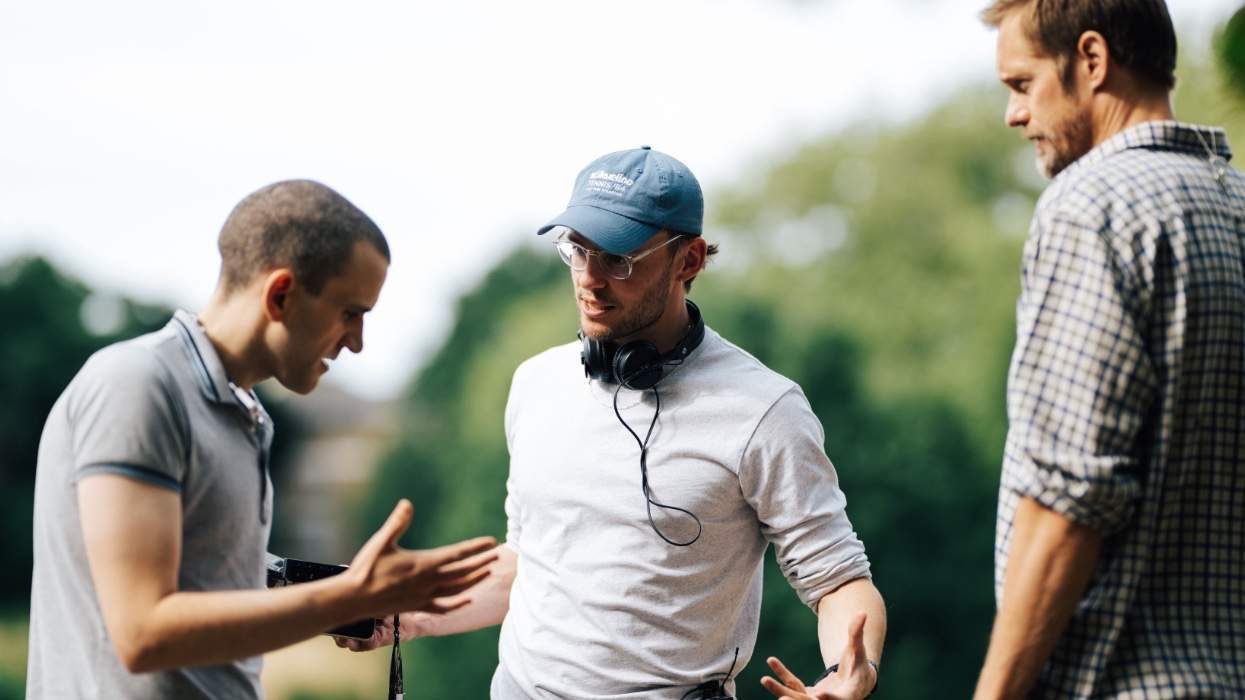
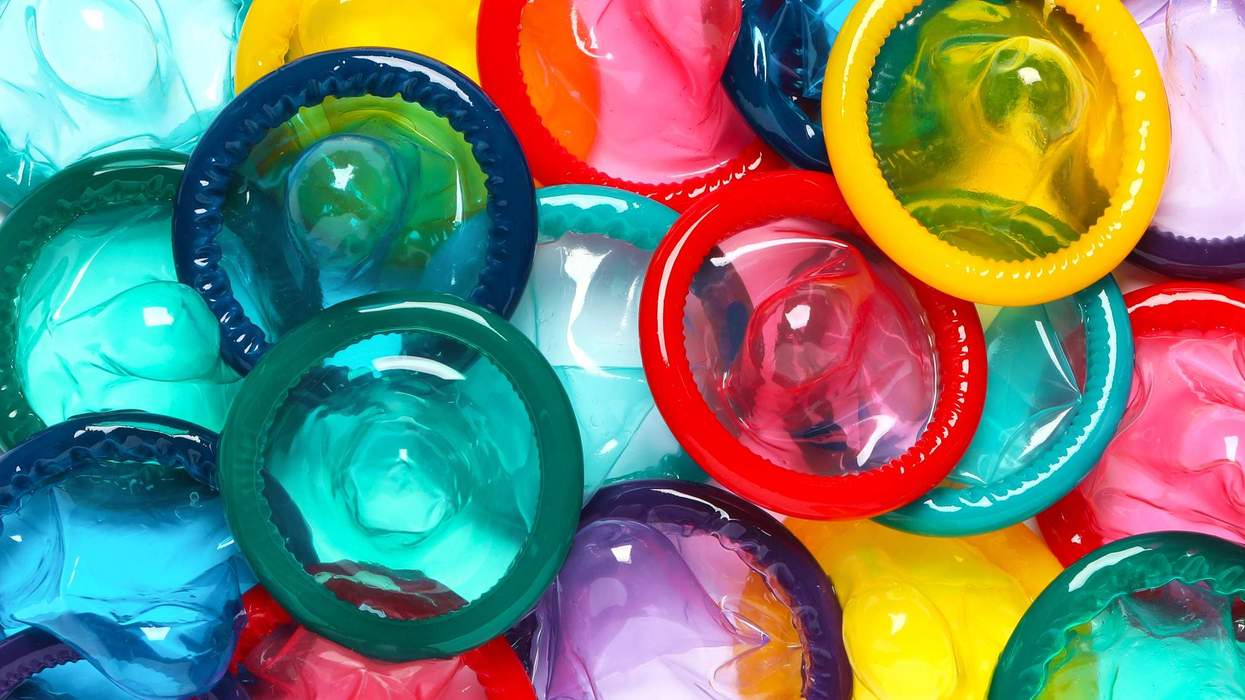


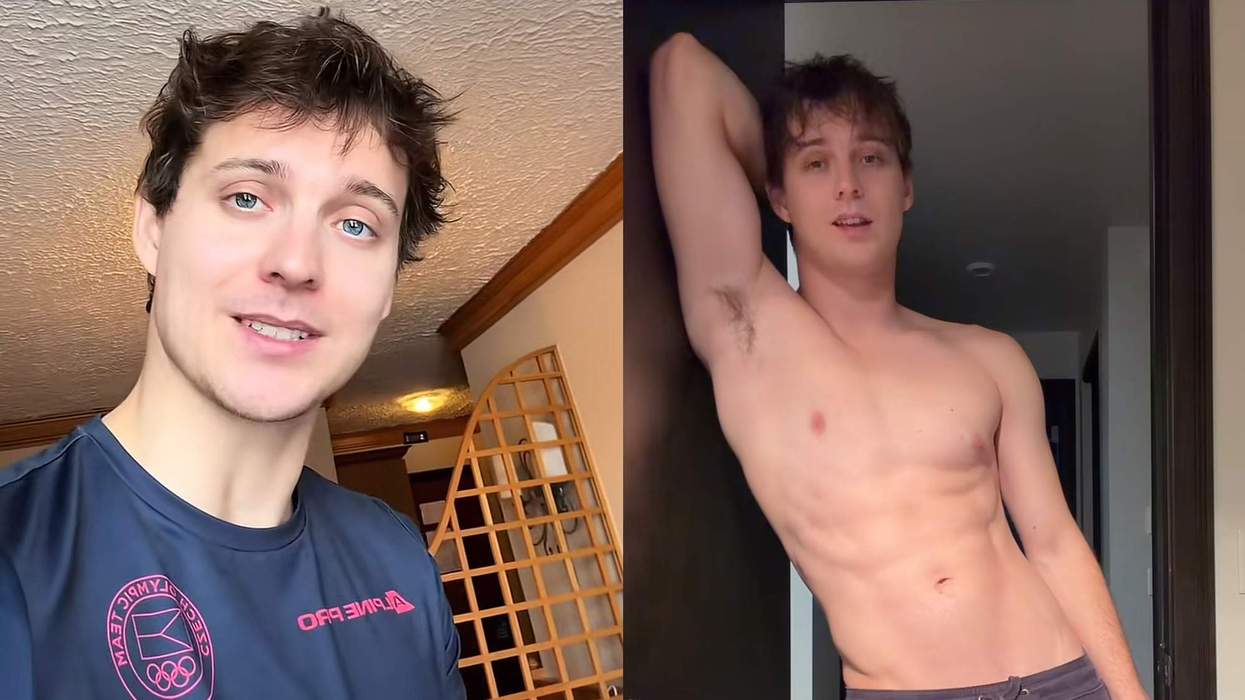

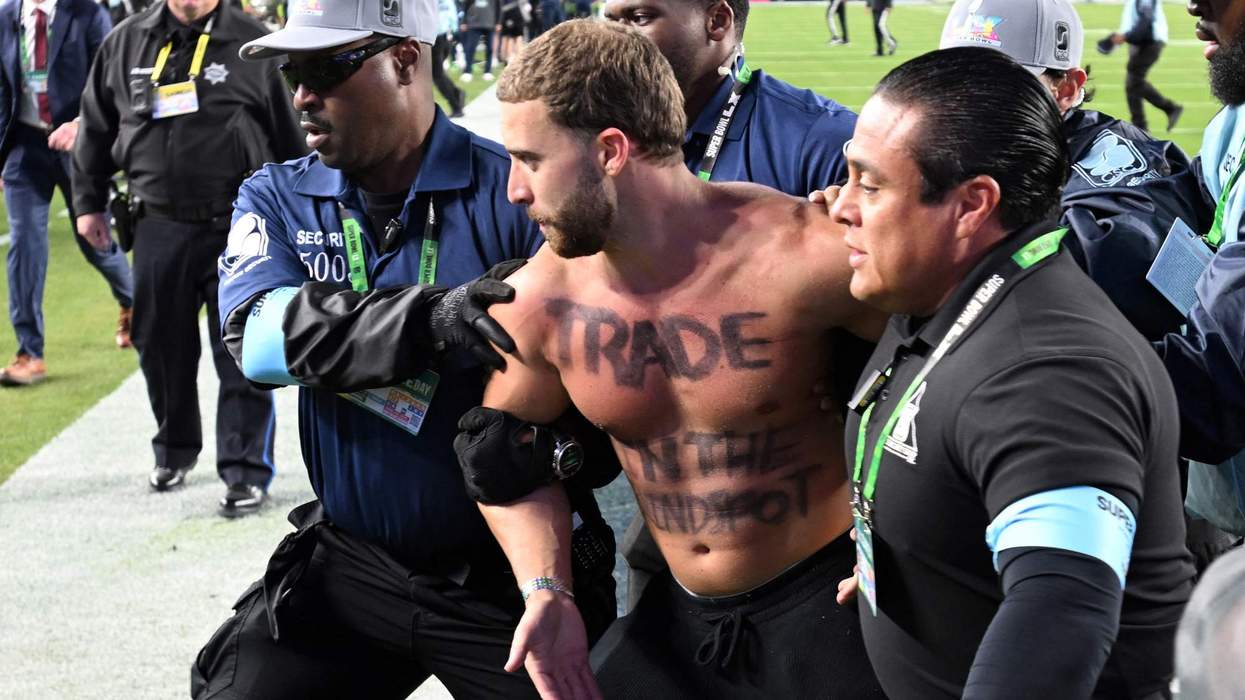
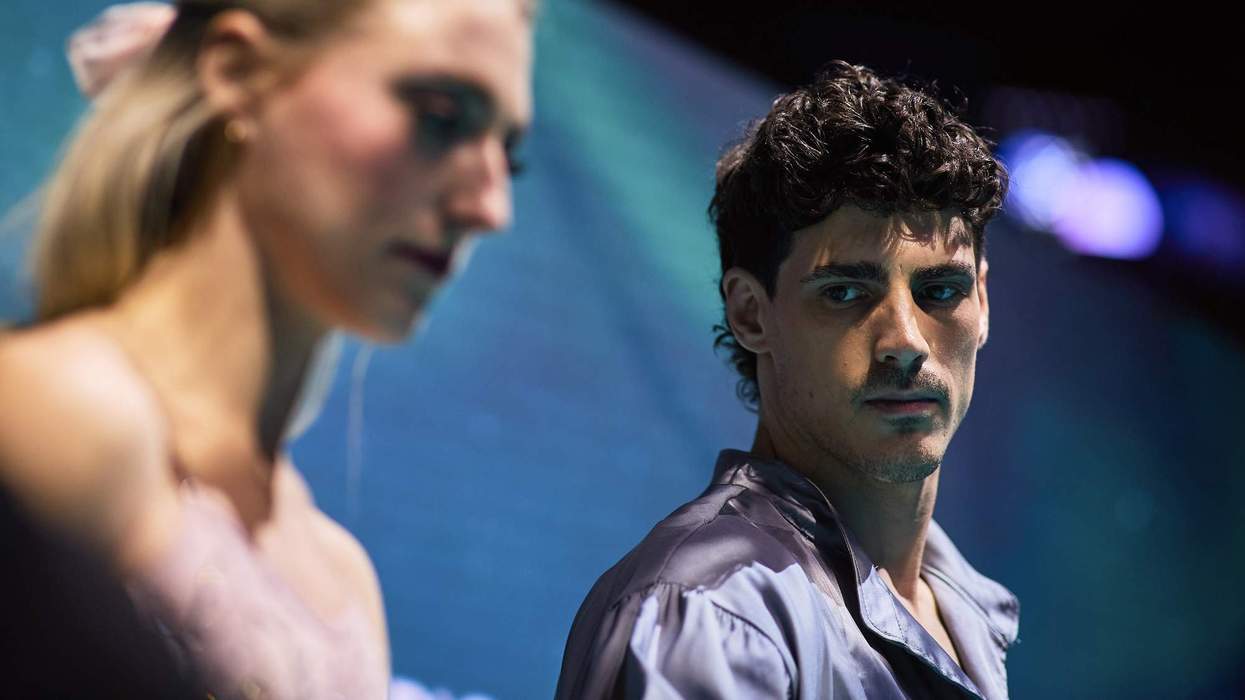
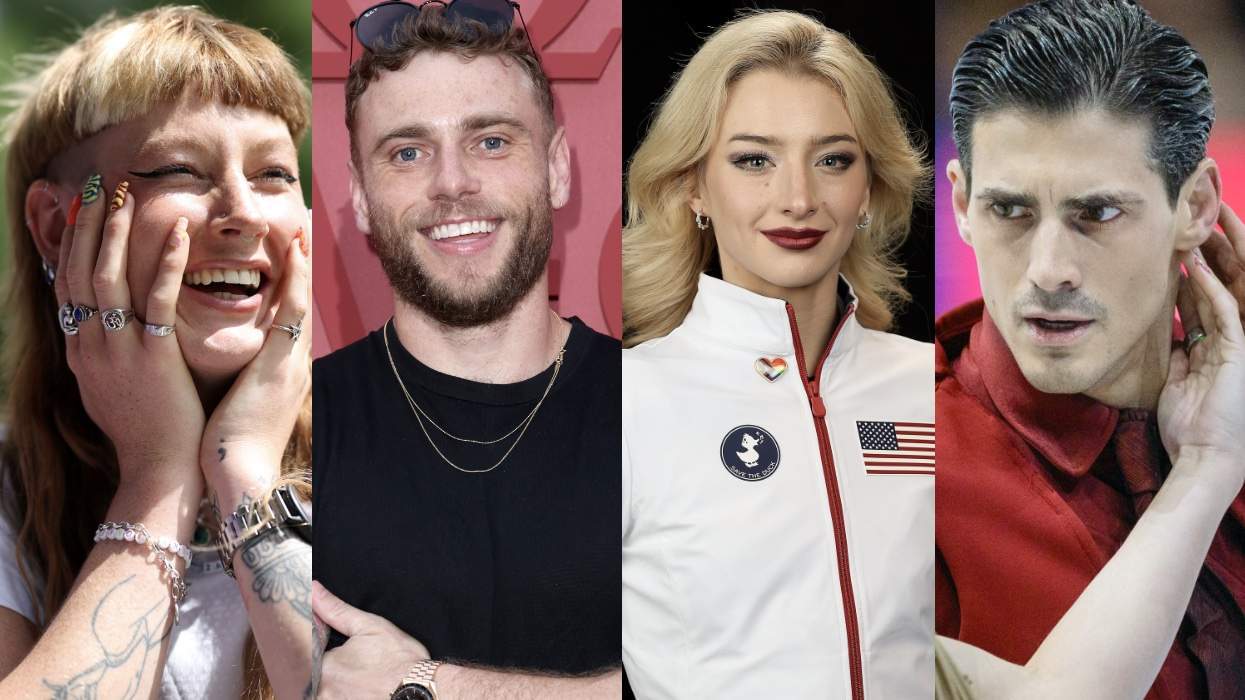
































 Cindy Ord/Getty Images
Cindy Ord/Getty Images























